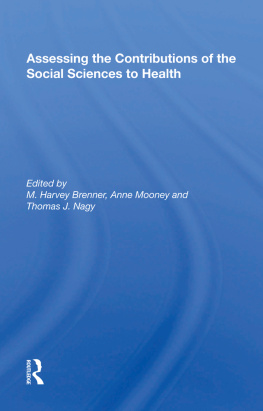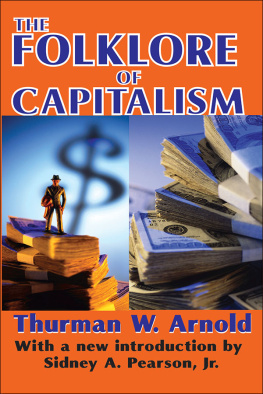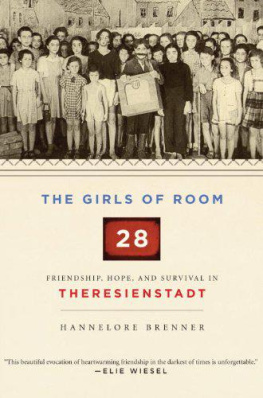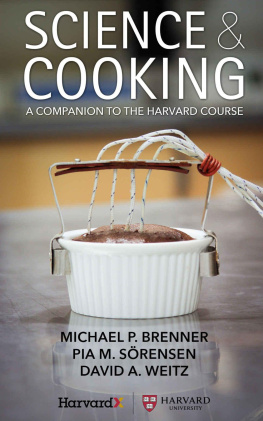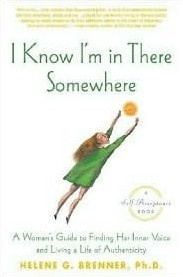Michael Brenner - Science and Cooking
Here you can read online Michael Brenner - Science and Cooking full text of the book (entire story) in english for free. Download pdf and epub, get meaning, cover and reviews about this ebook. year: 2020, publisher: W. W. Norton & Company, genre: Home and family. Description of the work, (preface) as well as reviews are available. Best literature library LitArk.com created for fans of good reading and offers a wide selection of genres:
Romance novel
Science fiction
Adventure
Detective
Science
History
Home and family
Prose
Art
Politics
Computer
Non-fiction
Religion
Business
Children
Humor
Choose a favorite category and find really read worthwhile books. Enjoy immersion in the world of imagination, feel the emotions of the characters or learn something new for yourself, make an fascinating discovery.

- Book:Science and Cooking
- Author:
- Publisher:W. W. Norton & Company
- Genre:
- Year:2020
- Rating:3 / 5
- Favourites:Add to favourites
- Your mark:
- 60
- 1
- 2
- 3
- 4
- 5
Science and Cooking: summary, description and annotation
We offer to read an annotation, description, summary or preface (depends on what the author of the book "Science and Cooking" wrote himself). If you haven't found the necessary information about the book — write in the comments, we will try to find it.
Science and Cooking — read online for free the complete book (whole text) full work
Below is the text of the book, divided by pages. System saving the place of the last page read, allows you to conveniently read the book "Science and Cooking" online for free, without having to search again every time where you left off. Put a bookmark, and you can go to the page where you finished reading at any time.
Font size:
Interval:
Bookmark:
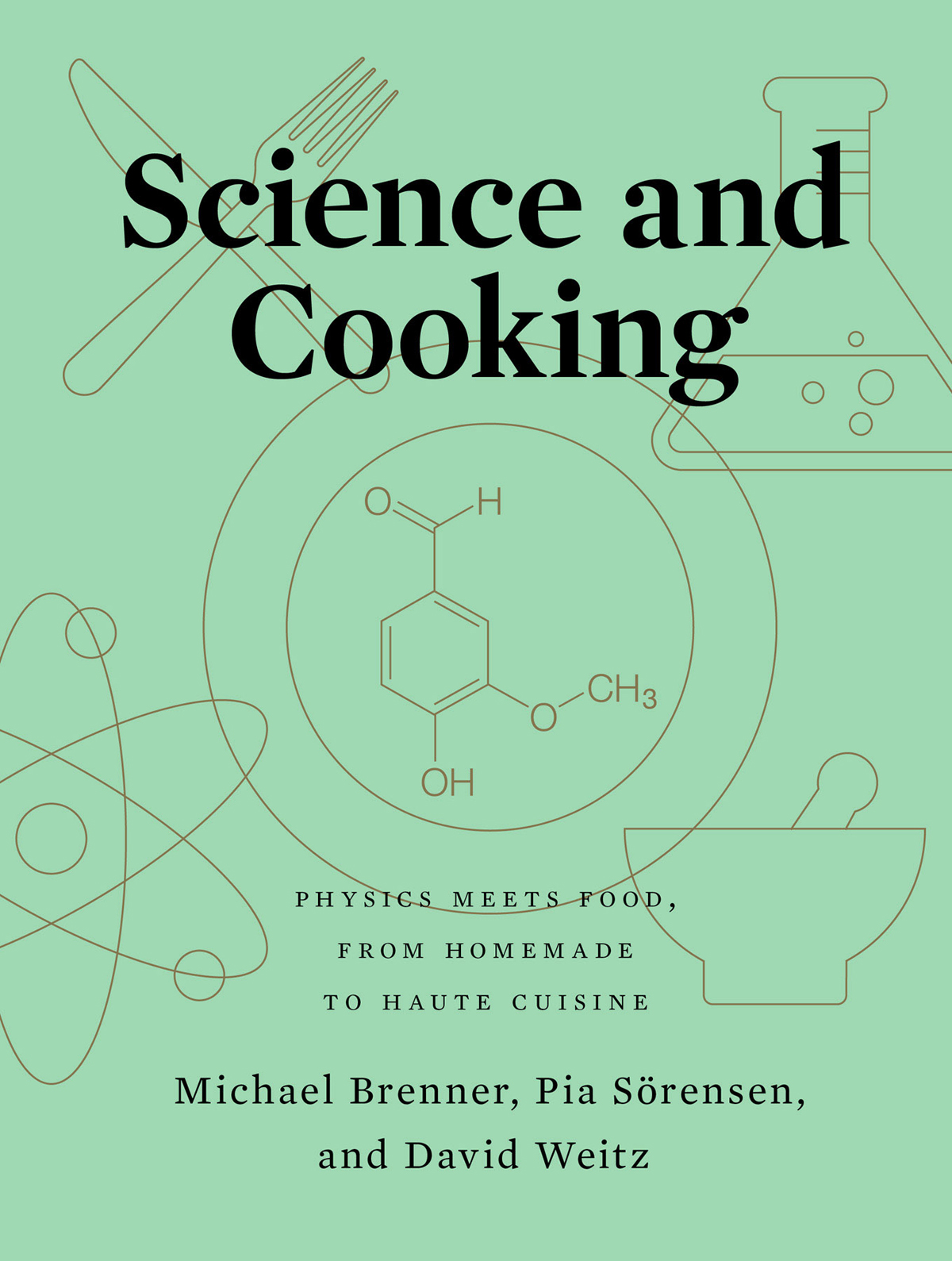
Science
and Cooking
PHYSICS MEETS FOOD,
FROM HOMEMADE
TO HAUTE CUISINE
Michael Brenner, Pia Srensen,
and David Weitz

The discovery of a new dish confers more happiness on humanity than the discovery of a new star.
Jean-Anthelme Brillat-Savarin, Physiologie du got, 1825
If you are going to follow links, please bookmark your page before linking.
Ten years ago, when we first dreamed of a Science and Cooking course at Harvard University, I dared to predict that we were at a historic moment. A decade later, this project has enjoyed an enormously fruitful continuity, such that it is now reflected in the book you are currently reading. The initial idea for this interesting synergy was very clear: since cooking is something familiar to everyone, it is an ideal way of motivating students into learning physics concepts such as phase transitions, emulsions, electrostatics, polymer structures, elasticity, and heat transmission. Add to this process chefs like yours truly, and the results could be inspiring.
Aside from gaining satisfaction and pride from my initial prediction, Im pleased to see that the pursued objectives have been achieved. The scientific concepts mentioned above are now gathered almost entirely in the pages of this book, and the chef recipes add an inspiring, experimental component that helps explain the science. Whats more, the different chefs who have been participating in the Harvard course over these ten years have found a space in which to pose inquiries and bring up some of the challenges encountered in the kitchen. The lab gives us a way to express new ideas that we would like to develop, all of which requires scientific knowledge and research.
For our part, these scientific questions had been with us in the chef community for some time. The incorporation of science into elBullis creative system came about explicitly when, at the beginning of this century, two scientists, Pere Castells and Ingrid Farr, joined the kitchen team as direct collaborators. It was what we called elBullitallers Scientific Department, which yielded very interesting results, although surely more from a culinary than a scientific perspective. After some time, this attitude of scientific interest led to the creation of the Alcia Foundation, which in a way represented the desire to professionalize this dialogue between cuisine and science. Then, Harvard categorically opened the doors to an even more open dialogue when they approached us about the course. This has been a bidirectional conversation from the beginning, which I believe benefits both parties. On the one hand, gastronomy has facilitated the understanding, or at least the explanation, of the physicochemical reactions that take place in the kitchen. On the other hand, science has found, or so I like to believe, a new way to convey a diverse set of concepts, from the perspective of its more practical application. With this symbiosis, gastronomy gained access to knowledge, both to understand and to develop new sensory experiences in the tasting, while at the same time it became a promising new creative tool for science education.
Combining science with cooking, and learning from their respective viewpoints, establishes a very fruitful dialogue. Although we have been cooking and searching for universal knowledge for millennia, these exercises have intersected only sporadically in human history. The turning point likely came in the last quarter of the twentieth century, when a group of scientists started experimenting with what they called molecular gastronomy: a scientific attempt to explain why different reactions take place to make a series of culinary preparations possible.
Importantly, understanding the composition of the products and the reactions produced by culinary techniques has been beneficial beyond improving haute cuisine and dining experiences. It has also made it possible to better determine why certain allergies and intolerances occurthis is a phenomenon of growing importance for society in general, and catering in particular, often to the extent that certain tables will require different menus. Furthermore, advanced knowledge of products and preparations not only allows us greater innovative and creative ability, but being aware of everything that can happen on the microbiological scale also contributes to achieving increased food safety and hygiene.
All of these aspects, and many more, have been addressed for the last ten years in the Harvard course, and the majority of them are included in this book. The authors aim to contribute to the general publics understanding of the connections that have historically taken place between science and cooking, and the current state of these collaborations and dialogues. However, if we consider the future, there is still much to be done. Why, for example, does Harvardalong with other prestigious universitieshave a school of architecture, but not one of gastronomy? This is due to a cultural bias that needs to be corrected, and I am convinced it will be rectified in the near future, since we know gastronomy has significant intellectual potential.
At the elBullifoundation, one of the most important projects that we have been promoting for years is the deepening of this dialogue and the development of a global project to maximize opportunities and strengthen the synergy between cooking and science, always with the aim of deepening our culinary knowledge and professionalizing our discipline to the highest level. I am convinced that this commitment to knowledge has resulted in the most prepared and brilliant generation of future chefs and restaurateurs in history. I have no doubt that Harvards continued work in pursuit of this dialogue will enable us in the future to have chefs capable not only of understanding their trade and the history of their discipline, but also of putting into practice the links established between gastronomy and science.
Ferran Adri
When Ferran asked me to join him at Harvards Science and Cooking course almost a decade ago, we knew it was something special. Every chef who has worked with Ferran, and many others around the world, know this truth: that cooking is science and that science is cooking. Many amazing discoveries have been made in history by scientists working with food, as well as by chefs employing the scientific method. It was Nicolas Appert, a French pastry chef and chemist, who invented the process of canning in the early nineteenth century through a series of experimentations, leading to an entirely new way to safely preserve and consume food. Microbiologist Louis Pasteurs pasteurization process revolutionized the food industryand has probably saved millions of lives since its discovery. Recent discoveries about fermentation and preservation by places like Nomas Fermentation Lab are leading a new revolution into the science of microbes, and may be key to figuring out how we will be feeding the next billion people on Earth.
We are thinking about scientific processes every day at my restaurant minibar, where we use physics, chemistry, microbiology, fluid dynamics, and more to create dishes that are new and interestingand, of course, delicious. But this type of experimentation isnt just happening at minibar. Scientific thought enters into every one of my restaurantsfrom how long we boil vegetables (and at what concentration of salt) at Beefsteak to the type of wood we use for smoke at America Eats Tavern to the heat diffusion in our woks at China Chilcano. When we use the term molecular gastronomy, we are really describing all cooking, because all of it involves the manipulation of molecules. For example, boiling, steaming, and making ice are all transformations of water molecules. Thinking about science as cooking and vice versa is crucial for everyone from the home cook to the top chef, from your stovetop to the kitchen at elBulli.
Font size:
Interval:
Bookmark:
Similar books «Science and Cooking»
Look at similar books to Science and Cooking. We have selected literature similar in name and meaning in the hope of providing readers with more options to find new, interesting, not yet read works.
Discussion, reviews of the book Science and Cooking and just readers' own opinions. Leave your comments, write what you think about the work, its meaning or the main characters. Specify what exactly you liked and what you didn't like, and why you think so.




